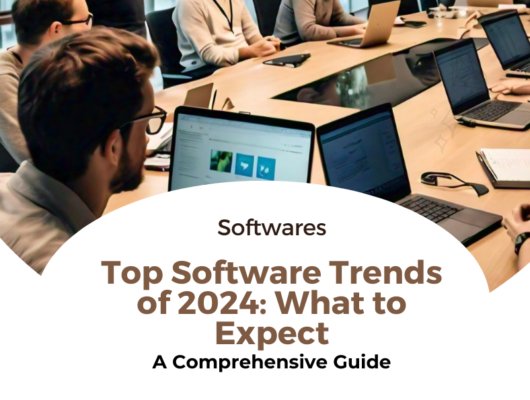In our increasingly interconnected world, data has become a valuable commodity. Every online interaction, every app we use, and every device we own generates a stream of information. This data, if mishandled, can expose us to privacy risks, identity theft, and even financial losses. Protecting your data is no longer a luxury; it’s a necessity. This blog post outlines essential privacy practices to safeguard your digital footprint.
Understanding the Data Landscape
Before implementing protective measures, it’s crucial to understand the data landscape.
- Data Collection: Companies and websites collect vast amounts of data, including personal information, browsing history, location data, and even biometric data.
- Data Sharing: Data is often shared with third parties, including advertisers, data brokers, and social media platforms.
- Data Breaches: Cyberattacks and data breaches are becoming increasingly common, exposing sensitive information to malicious actors.
- The Importance of Awareness: Understanding how data is collected, used, and shared is the first step towards protecting your privacy.
Essential Privacy Practices
Here are practical steps you can take to protect your data:
1. Strong Passwords and Multi-Factor Authentication (MFA)
- Use strong, unique passwords for each of your online accounts. A strong password should be long, complex, and include a mix of uppercase and lowercase letters, numbers, and symbols.
- Enable MFA whenever possible. MFA adds an extra layer of security by requiring a second form of verification, such as a code sent to your phone or email.
- Use a trusted password manager.
2. Limit Data Sharing and App Permissions
- Be mindful of the information you share online. Avoid sharing sensitive personal information on social media or public forums.
- Review app permissions before installing new apps. Limit the permissions you grant to only those that are necessary for the app to function.
- Regularly review the permissions of already installed apps.
3. Use a Virtual Private Network (VPN)
- A VPN encrypts your internet traffic and masks your IP address, protecting your online activity from prying eyes.
- Use a reputable VPN service, especially when using public Wi-Fi networks.
- Be aware of the VPNs privacy policy.
4. Secure Your Devices
- Keep your devices updated with the latest security patches and software updates.
- Install antivirus and anti-malware software to protect against cyber threats.
- Enable device encryption to protect your data in case your device is lost or stolen.
- Use a strong lock screen password or biometric authentication.
5. Be Cautious of Phishing and Social Engineering
- Be wary of suspicious emails, text messages, or phone calls that request personal information.
- Never click on links or open attachments from unknown senders.
- Verify the authenticity of websites and online services before providing any personal information.
- Be aware of social engineering tactics that manipulate people into giving up private information.
6. Control Your Online Presence
- Regularly review your social media profiles and privacy settings.
- Use privacy-focused search engines and browsers.
- Consider using ad blockers and privacy extensions to limit tracking.
- Utilize incognito or private browsing modes.
- Periodically search your name online to see what information is publicly available.
7. Data Minimization and Erasure
- Provide only the information that is absolutely necessary when creating online accounts or filling out forms.
- Exercise your right to data erasure (the “right to be forgotten”) when applicable.
- Regularly delete old accounts and data that you no longer need.
- Read the privacy policies of the services you use.
8. Educate Yourself and Others
- Stay informed about the latest privacy threats and best practices.
- Educate your family and friends about online safety and privacy.
- Support organizations that advocate for data privacy and digital rights.
The Ongoing Battle for Privacy
Protecting your data is an ongoing process that requires vigilance and proactive measures. By implementing these essential privacy practices, you can significantly reduce your risk of becoming a victim of data breaches or privacy violations. Remember that privacy is a fundamental right, and it’s up to each of us to protect it.







